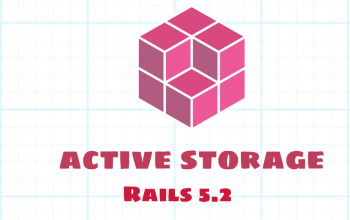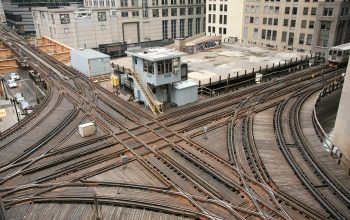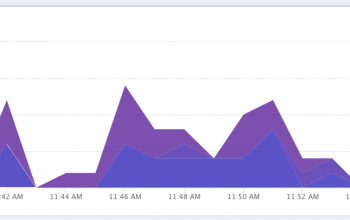Zero Downtime Delayed Jobs
Here is a script I created that will do Zero Downtime Delayed Job restarts. This script will spin up a new set of delayed jobs workers and send a signal to the currently running workers to shut down after they are finished working on current work. The current script/delayed_job restart would only wait up to some timeout value and then would kill the job, potentially losing any work that it was working on. I store this in a file called delayed_job_restart.sh. Make sure you
chmod +x delayed_job_restart.sh
Feedback is welcome!
############## CONFIGURATION ############## # Set the rails environment. RAILS_ENV=development # This is the location of your rails application. (Rails.root) APP_DIR=/path/to/app # Whatever queues you want to handle. QUEUES=queue1,queue2 # Number of delayed job instances. NUMJOBS=6 ######################## DONT EDIT BELOW HERE UNLESS YOU UNDERSTAND IT ######################## # This is the file that will hold the location of # the new round of delayed job pids. NEW_PID_DIR_FILE=$APP_DIR/pids/delayed_job_pid_dir.new # This is the directory where the new delayed job pids will live. We # create a random directory. NEW_PID_DIR=$APP_DIR/pids/delayed_job/`cat /dev/urandom | env LC_CTYPE=C tr -cd ‘a-f0-9’ | head -c 32` # Make the directory and create the # pid file. mkdir -p $NEW_PID_DIR touch $NEW_PID_DIR_FILE # Put the pid dir into the pid file. echo $NEW_PID_DIR > $NEW_PID_DIR_FILE echo “Starting new delayed job processes…” cd $APP_DIR RAILS_ENV=$RAILS_ENV bundle exec script/delayed_job start –queues=$QUEUES –pid-dir=`cat $NEW_PID_DIR_FILE` -n $NUMJOBS echo “Done.” # This is the current pid dir. PID_DIR_FILE=$APP_DIR/pids/delayed_job_pid_dir # If the pid dir exists, let tell them to shut down # when they are done. if [ -f $PID_DIR_FILE ]; then echo “Sending signal to stop old delayed job processes…” PID_DIR=`cat $PID_DIR_FILE` for f in $PID_DIR/*.pid do PID=`cat $f` echo ” TERM to $PID” kill -TERM $PID done echo “Done.” echo “Removing old PID directory.” rm -rf $PID_DIR fi # Since we have a set of new jobs running, # lets move the pid dir to the “current” dir. mv $NEW_PID_DIR_FILE $PID_DIR_FILE


